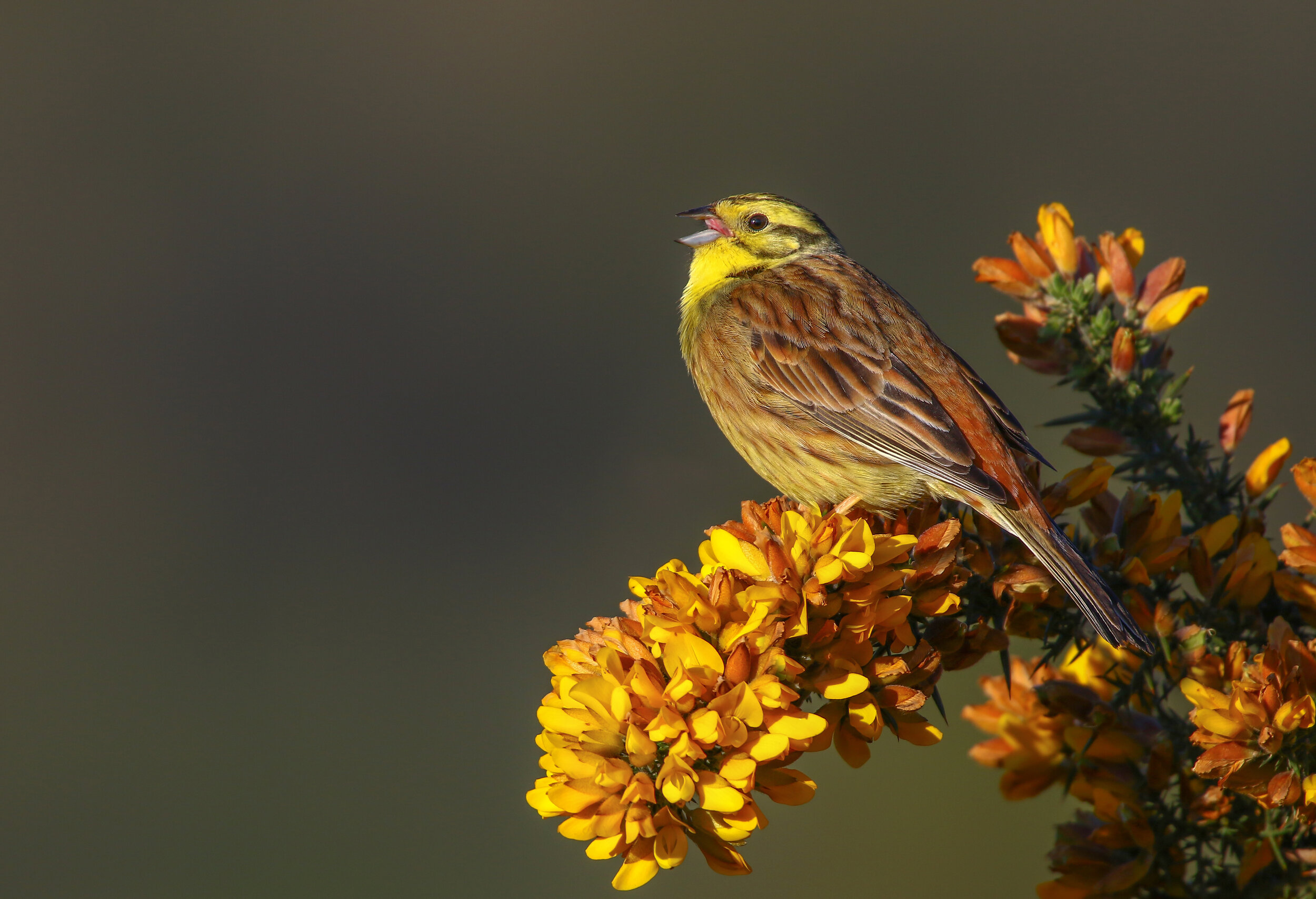It’s somewhat ‘easier’ to notice dialects in species that have relatively simplistic structures to their song, especially in species that don’t use any form of mimicry, like a Yellowhammer. Any differences in song between regions would, therefore, have formed due to direct learning from other males within that area. This is essentially how isolated populations start to form new sub-species and it’s not to say that Yellowhammer ever will split, but it begs belief that DNA results were able to separate Scottish Crossbill from Common Crossbill, despite that fact that the only differences (as far as I’m aware) is their song.
It’s studies like these that really paint the picture about how little we actually know regarding bird dialect, but it can be a useful tool to learn more about their distribution. For instance, in the Uk we primarily have XIB dialect, which is the classic one people are used to hearing, but we do have populations in the Uk that show XsB, BC and some random combinations. If all of a sudden your local yellowhammer is singing a different dialect, it’s safe to say that this bird is probably not your local bird anymore and an ‘outsider’ has moved in. This isn’t a bad thing though as it diversifies the gene-pool.
Here’s a link to Pavels Pipek’s Yellowhammer project - http://www.yellowhammers.net/about.
If you have any sound recordings of Yellowhammer, please send them over as you never know, you might be the first to find a new dialect for the Uk and it all helps with data collection. Here’s a list some of the main dialects that Pavel has discovered in his research:
Here’s a local bird who’s already settled in with his female. I watched them mating straight after extended periods of singing, so he’s doing his Job correctly so far! No signs of nest building yet though, unless of course they’ve finished the nest already. I have lots of stories with Yellowhammers as it’s the main species my Grandfather spoke of growing up. He reminded me time and time again about where they used to breed in Gwent. Some places of which are really hard to believe now as they’ve since been replaced with concrete and buildings.
Here’s my garden Blackbird. He hasn’t got a very varied song yet, which would imply he’s still a young bird as they get richer and more diverse with age. Still a beautiful song but I do miss our old resident bird as he used to mimic my neighbours whistling. I wonder how long it will take before this guy starts doing the same.











